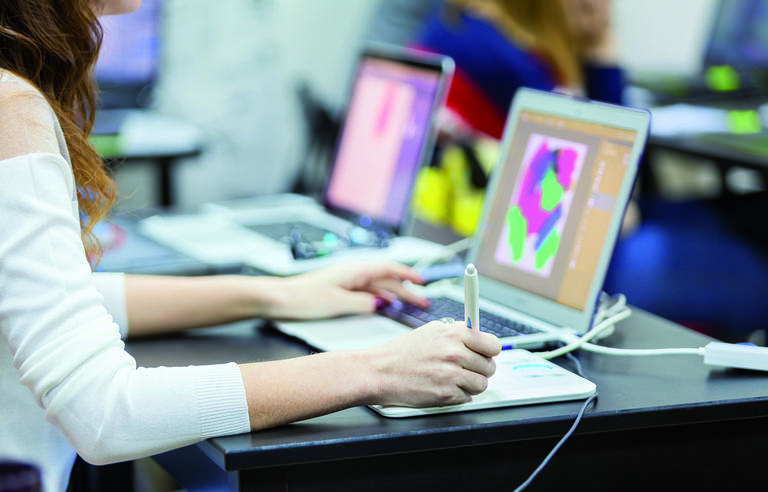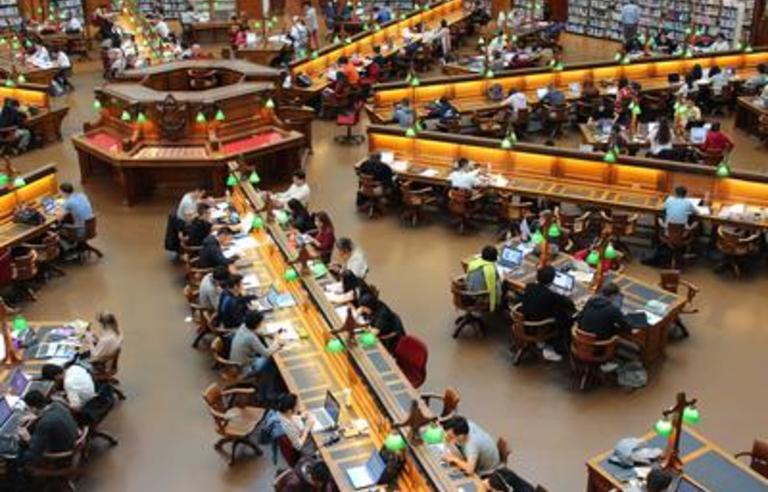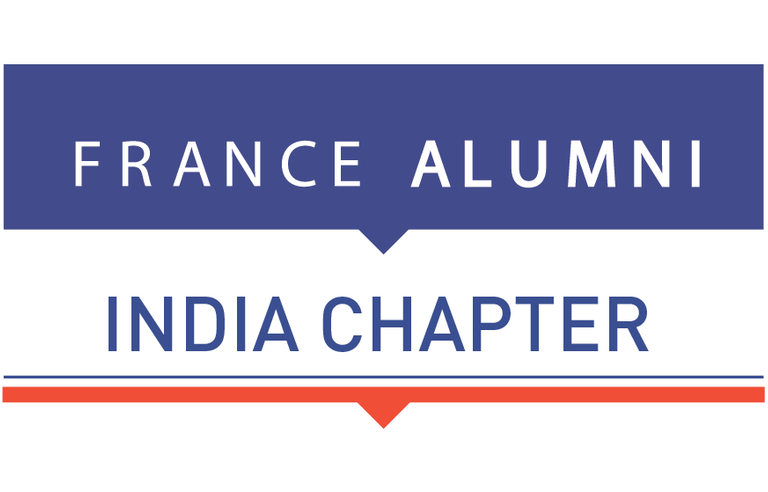Self-Care & Security

The social security system provides several benefits to international students while they are studying in France.
Self-care
All students who are under 28 years of age as on October 1 and enrolled in a recognised educational institution for a programme of at least 3 months duration must subscribe to the social security system known as “caisses primaires d’assurance maladie” (or CPAMs). To register, go to http://etudiant-etranger.ameli.fr
All other students (those staying for less than 3 months, and students enrolled in institutions that are not part of the French social security system) must purchase an individual medical insurance policy from a private insurance company. In France, the annual cost of such policies runs from €150 to €550.
On an average, social security covers about 70% of the expenses related to an illness. Students may obtain supplemental health insurance coverage. The three largest student group health plans are:
La Mutuelle des Étudiants:
1. www.lmde.fr, active throughout France
2. Emevia - an association of regional student health plans
3. Smerep, www.smerep.fr
How to see a doctor
Within the university there is a health department: the Service Universitaire de Médecine Préventive et de Promotion de la Santé (SUMPPS - the University Department of Preventive Medicine and the Promotion of Health). You can make an appointment with a doctor there. Some visits are free, including for contraception, testing, vaccinations, nutrition and psychological monitoring.
There you can also get contact information for a doctor and make an appointment online on the doctolib.fr website
If you have questions about sexuality, sexual relations, love or contraception, contact the Planning Familial (Family Planning), an association that offers free and confidential check-ups. Women in particular may obtain a prescription for contraception which suits them and obtain the day-after pill in case of need. Family Planning has branches everywhere in France.
Managing Money and Expenses
Additional fees should also be anticipated upon arrival. In the first month, you will have to pay for:
1.Your tuition fees: check the amount and the terms of payment on the website of your university/school
2. Campus and student life fees (sport, medical assistance, library): €90
3. The OFII Tax (French Office for Immigration and Integration): approx. €50
4. Upon entering your accommodation, you will need to pay, in addition to the first month’s rent, a security deposit equal to one month’s rent (excluding taxes)
5. Various registration fees (electricity, telephone, gym, etc.).
*Taking into account the many discounts for which students are eligible, the average monthly student budget is €900-1,200 in Paris and €600-800 elsewhere.
Multi-risk Tenant Insurance
All housing must be insured against risks such as theft, fire, and water damage. Insurance can be purchased from private companies. Multi-risk home insurance includes liability coverage, ensures that the policy holder is insured against claims from third parties who may be injured in an accident on the premises.
THE PLAN VIGIPIRATE
French public authorities have made security a priority in the National territory. The Plan Vigipirate, a permanent means of prevention, protection and remaining alert, plays a major role in the fight against terrorism in France. It brings together the State, local communities, public services, companies and all citizens.
The Plan Vigipirate is based on three things:
- the development of a culture of individual and collective security extended to all of society;
- the creation of three levels adapted to the threat and made concrete through logos displayed in public areas: vigilance, reinforced security, attack emergency;
- the implementation of measures reinforcing government action against the threat of terrorism.
Operation Sentinelle Protects Sensitive Places
As part of Operation Sentinelle, and as a complement to the Plan Vigipirate, the police and gendarmes, backed by soldiers from the French army, are permanently deployed at the sensitive spots in the countrysuch as airports, train stations, public transit, shopping centres and tourism sites.
THE SECURITY POLICY IN UNIVERSITY BUILDINGS
At the start of the academic year in 2016, the State invested 30 million euros to reinforce security for students on campus. There are guards at the entrances to institutes of higher education in order to inspect the bags of everybody who enters. Further, a large number of preventive and crisis-management measures have also been implemented by the Ministry of National Education that regularly involve simulation exercises.
EMERGENCY NUMBERS YOU SHOULD REMEMBER
If necessary, there are different emergency phone numbers you can use to contact emergency services for free at any time:
- 112: the European emergency number if you are victim of or witness to an accident in a European Union country;
- 15: SAMU number (emergency medical service) for help from a medical team in case of a lifethreatening situation;
- 17: emergency Police number in the event of a crime that requires the immediate intervention of the police;
- 18: fire brigade in the event of danger to a person or an accident.
DEVELOP THE RIGHT SECURITY REFLEXES
We recommend adopting a few good habits in order to stay safe while studying in France:
- download the alarm and information application for the populace in the event of crisis (SAIP) from the Ministry of the Interior;
- memorise the above emergency numbers;
- keep the contact information for the embassy and consular services of your country in France at hand;
- sign up for the Campus France social networks in order to obtain realtime information about security conditions in French institutes of higher education.
If there is a major crisis during your stay here, don't panic:
- make sure you are safe;
- contact family and friends in France and abroad as soon as possible to reassure them, using the Safety Check on Facebook if it has been activated;
- sign up for the government social networks to stay informed.




















